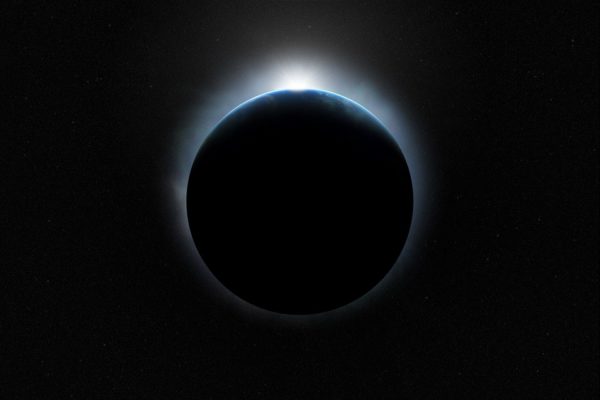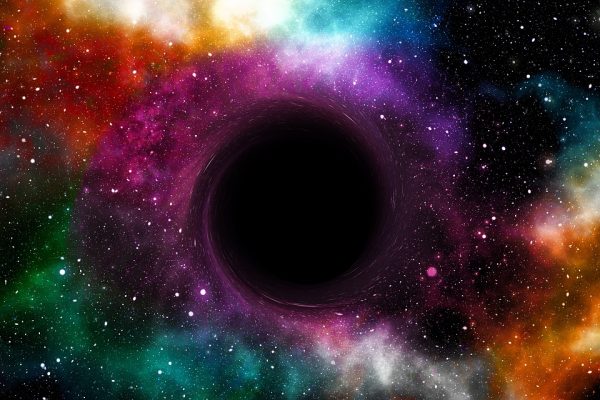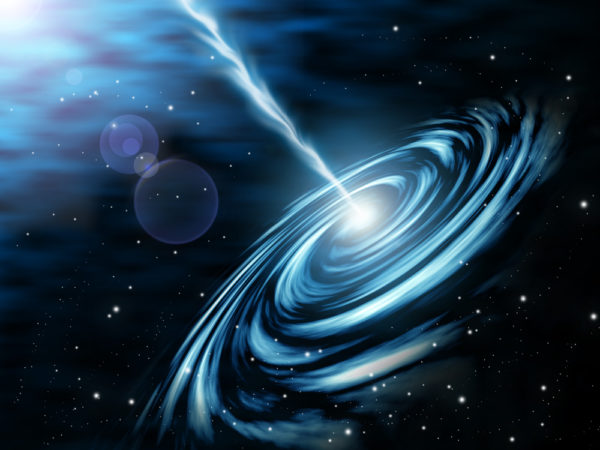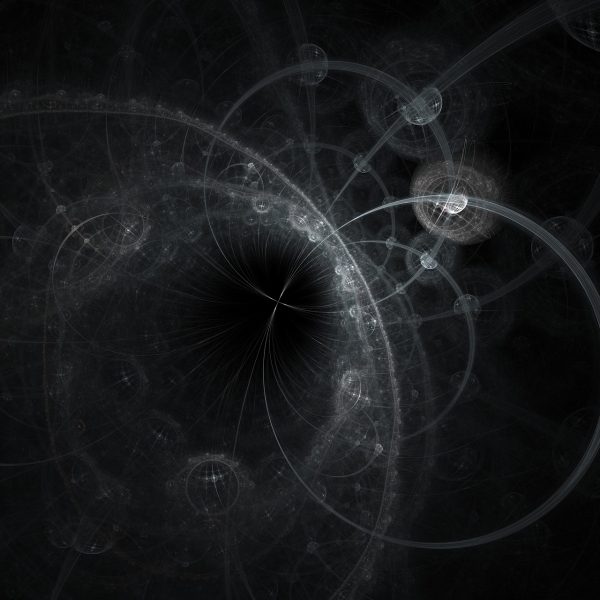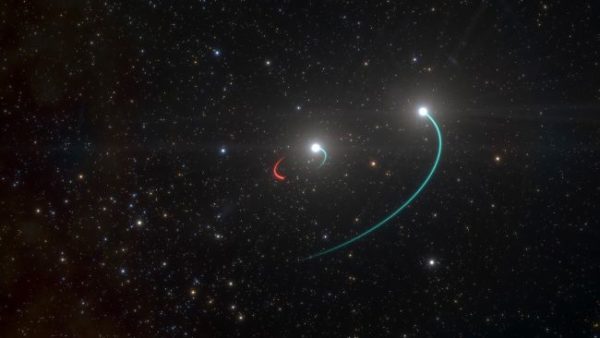SPACE: new Theories on the Mysterious “Planet Nine”
We have not one but two new theories for you about the solar system’s long-theorized and mysterious Planet Nine: Does the solar system have a big, dark ninth planet drifting somewhere far beyond the orbit of Neptune? Planet 9 Probably Doesn’t Exist Since 2016, many astronomers have said it’s possible, pointing to evidence for a large gravity source in deep solar space. But a new paper argues that this gravity source is nothing more than a statistical mirage, the consequence of where in the night sky astronomers point their telescopes. The first physical(CK) hint of this hypothetical Planet Nine was … Read more



